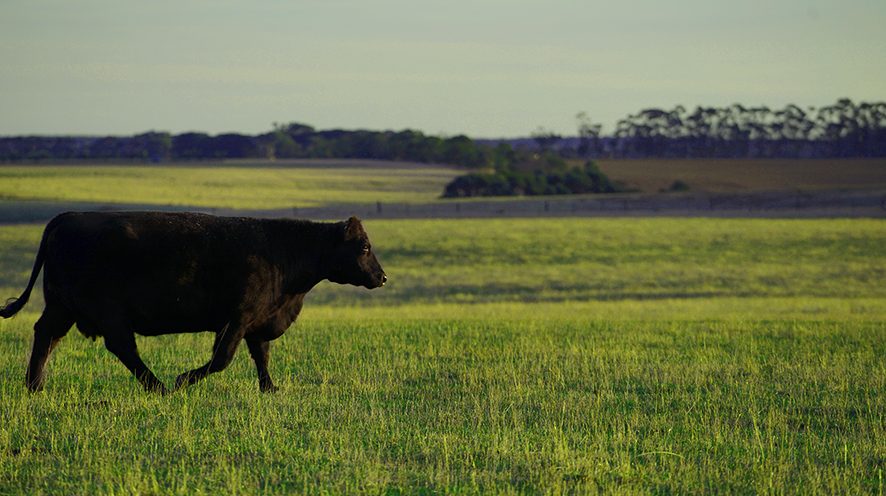

WeatherPro Prevent… the answer for Bloat Control
Cattle rely on microbial fementation to convert grass into energy. Gases are produced as a by-product of this fermentation. The gas is normally burped out; a process called eructation. When the burping process is disturbed, the rumen quickly fills with gas – leading to a whole lot of problems.
Bloat can be seen in both pasture raised and feedlot cattle. Sheep can also suffer from bloat control, but seem to be less susceptible. There are 2 kinds of bloat recognised; frothy bloat and free-gas bloat. Although bloat is a complex problem, and can be hard to predict, it is generally agreed that legume pastures are the most likely cause in grazing cattle. Bloat in Feedlot cattle is usually caused by high grain rations with too many fine particles.
Fortunately, sodium monensin, the active ingredient in Rumensin, can change the rumen microbial population and significantly reduce the severity and incidence of bloat.
Frothy Bloat – Once thought to be caused by soluble plant proteins, frothy bloat is now believed to be a problem associated with small particles and microbes. Rapid fermentation of legumes (especially lucerne and clover) leads to accelerated microbial growth with lots of gas and slime.
The rumen has a unique mechanism that protects the animal from regurgitating liquid. If the region where the oesophagus enters the rumen is covered in liquid or foam, it stays shut. When the opening is surrounded by gas, it can open to allow burping.
So when froth builds up in the rumen the animal will not burp.
Rumensin – Cattle that consume 300mg of sodum monensin daily for two weeks have an altered microbial population. The main change important for bloat control is a reduction in microbes that produce methane as a by-product. Additionally the rumen viscosity decreases and foam build-up is less likely.
Trials with larger numbers of both beef and dairy cattle supplemented with monensin show a significant drop in the number of bloated cattle. As a bonus, the change in rumen bugs also increases liveweight gain or milk yield.
WeatherPro Prevent – for bloat control, delivers the required amount of sodium monensin in a 100 gram dose. It is wind and water proof so is effective when periods of rain are expected.
Find more interesting articles below.
Drop the Performance Feeds team a message and we will be back in touch.